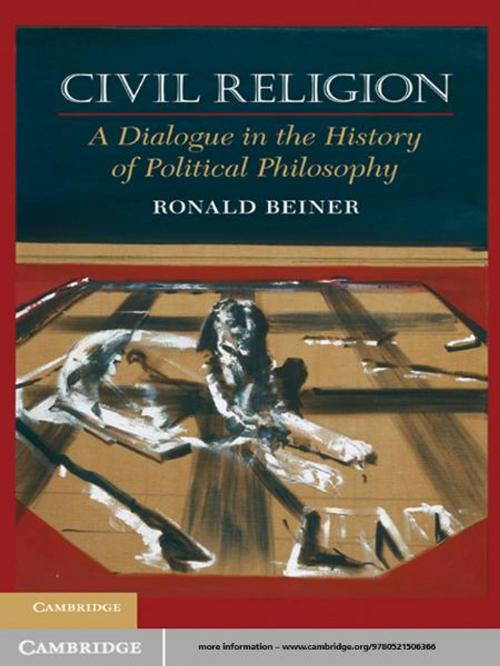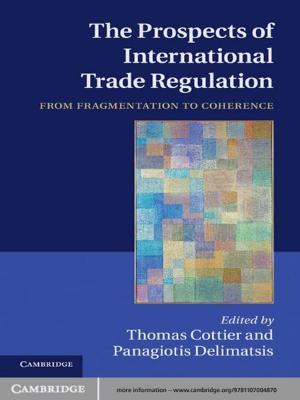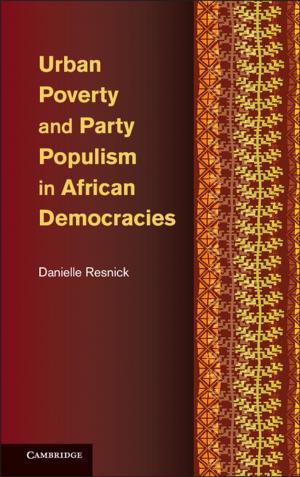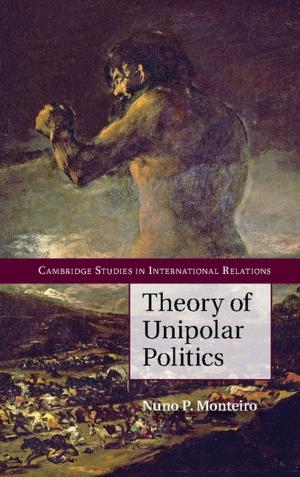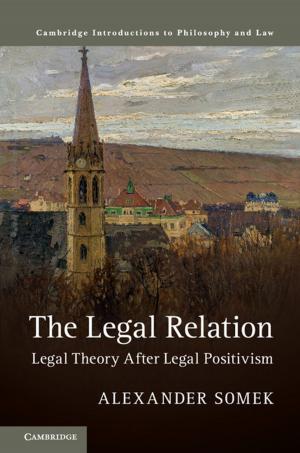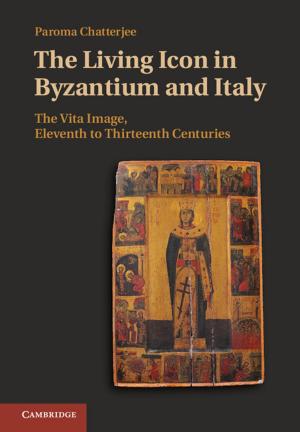Civil Religion
A Dialogue in the History of Political Philosophy
Nonfiction, Social & Cultural Studies, Political Science, Politics, History & Theory, Social Science| Author: | Ronald Beiner | ISBN: | 9780511851483 |
| Publisher: | Cambridge University Press | Publication: | October 25, 2010 |
| Imprint: | Cambridge University Press | Language: | English |
| Author: | Ronald Beiner |
| ISBN: | 9780511851483 |
| Publisher: | Cambridge University Press |
| Publication: | October 25, 2010 |
| Imprint: | Cambridge University Press |
| Language: | English |
Civil Religion offers philosophical commentaries on more than twenty thinkers stretching from the sixteenth to the twentieth century. It examines four important traditions within the history of modern political philosophy. The civil religion tradition, principally defined by Machiavelli, Hobbes and Rousseau, seeks to domesticate religion by putting it solidly in the service of politics. The liberal tradition pursues an alternative strategy of domestication by seeking to put as much distance as possible between religion and politics. Modern theocracy is a militant reaction against liberalism, reversing the relationship of subordination asserted by civil religion. Finally, a fourth tradition is defined by Nietzsche and Heidegger. Aspects of their thought are not just modern, but hyper-modern, yet they manifest an often-hysterical reaction against liberalism that is fundamentally shared with the theocratic tradition. Together, these four traditions compose a vital dialogue that carries us to the heart of political philosophy itself.
Civil Religion offers philosophical commentaries on more than twenty thinkers stretching from the sixteenth to the twentieth century. It examines four important traditions within the history of modern political philosophy. The civil religion tradition, principally defined by Machiavelli, Hobbes and Rousseau, seeks to domesticate religion by putting it solidly in the service of politics. The liberal tradition pursues an alternative strategy of domestication by seeking to put as much distance as possible between religion and politics. Modern theocracy is a militant reaction against liberalism, reversing the relationship of subordination asserted by civil religion. Finally, a fourth tradition is defined by Nietzsche and Heidegger. Aspects of their thought are not just modern, but hyper-modern, yet they manifest an often-hysterical reaction against liberalism that is fundamentally shared with the theocratic tradition. Together, these four traditions compose a vital dialogue that carries us to the heart of political philosophy itself.
